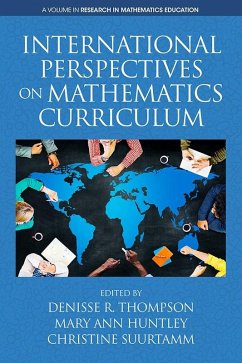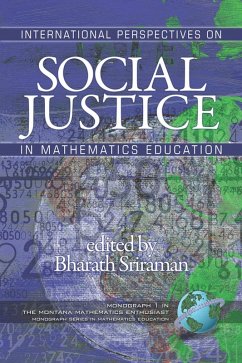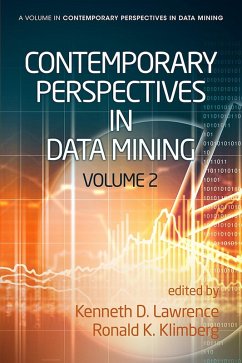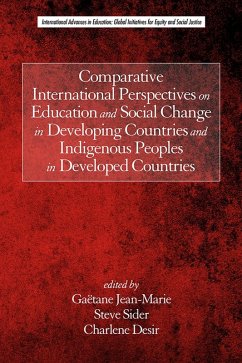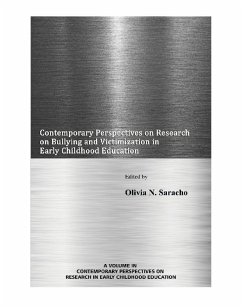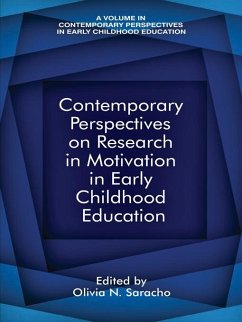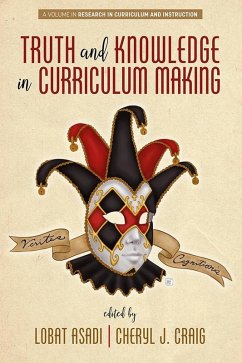Curriculum can be defined in a variety of ways. It might be viewed as a body of knowledge, a product, or a process. Curricula can differ as they are conceptualized from various theoretical perspectives to address the needs of teachers, students, and the context of schooling. One reason to study curriculum is "to reveal the expectations, processes and outcomes of students' school learning experiences that are situated in different cultural and system contexts. ... further studies of curriculum practices and changes are much needed to help ensure the success of educational reforms in the different cultural and system contexts" (Kulm & Li, 2009, p. 709). This volume highlights international perspectives on curriculum and aims to broaden the wider mathematics education community's understandings of mathematics curriculum through viewing a variety of ways that curricula are developed, understood, and implemented in different jurisdictions/countries. Within this volume, we define curriculum broadly as the set of mathematics standards or outcomes, the messages inherent in mathematics curriculum documents and resources, how these standards are understood by a variety of stakeholders, and how they are enacted in classrooms. The focus is on the written, implied, and enacted curriculum in various educational settings throughout the world.
Dieser Download kann aus rechtlichen Gründen nur mit Rechnungsadresse in A, B, BG, CY, CZ, D, DK, EW, E, FIN, F, GR, HR, H, IRL, I, LT, L, LR, M, NL, PL, P, R, S, SLO, SK ausgeliefert werden.

